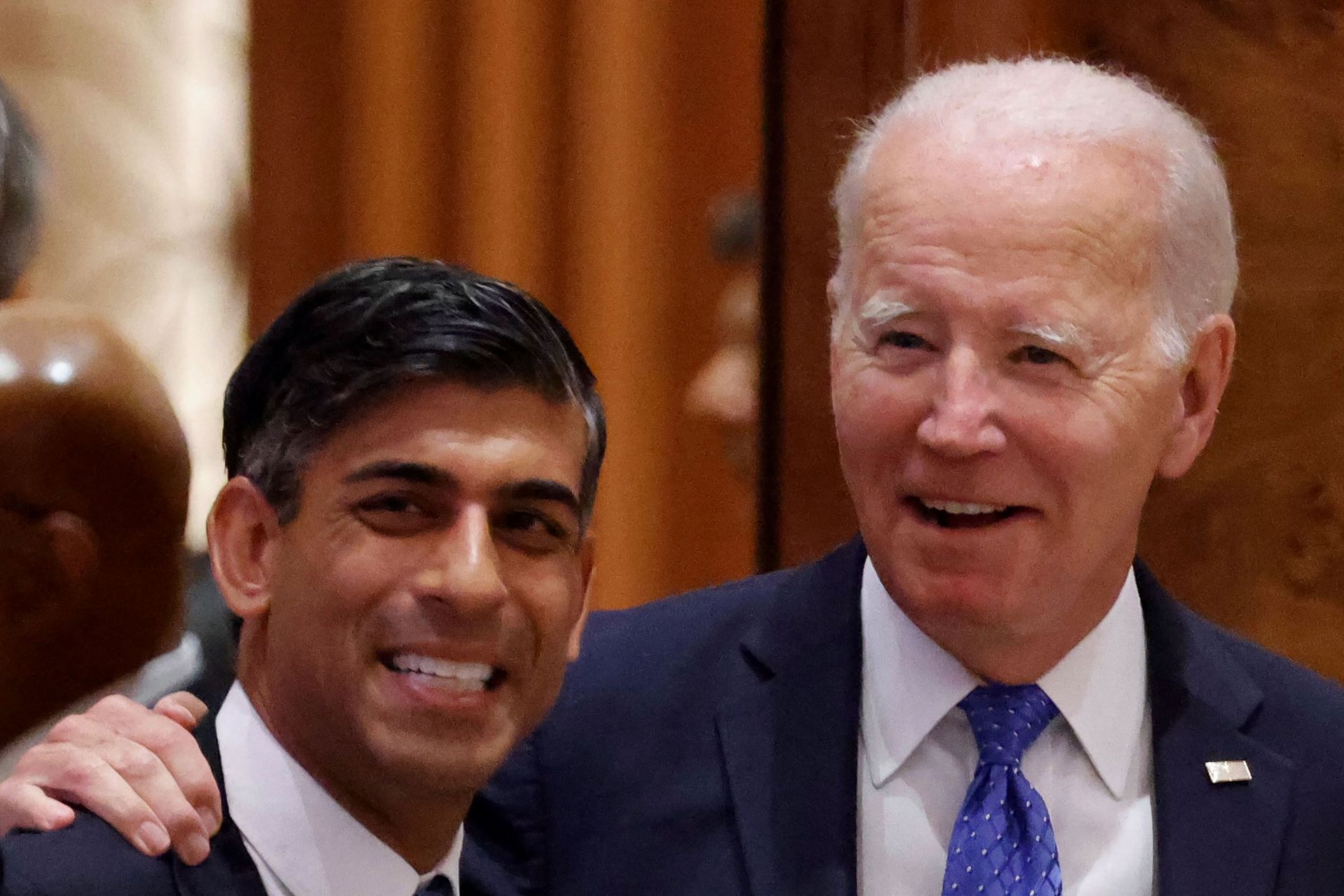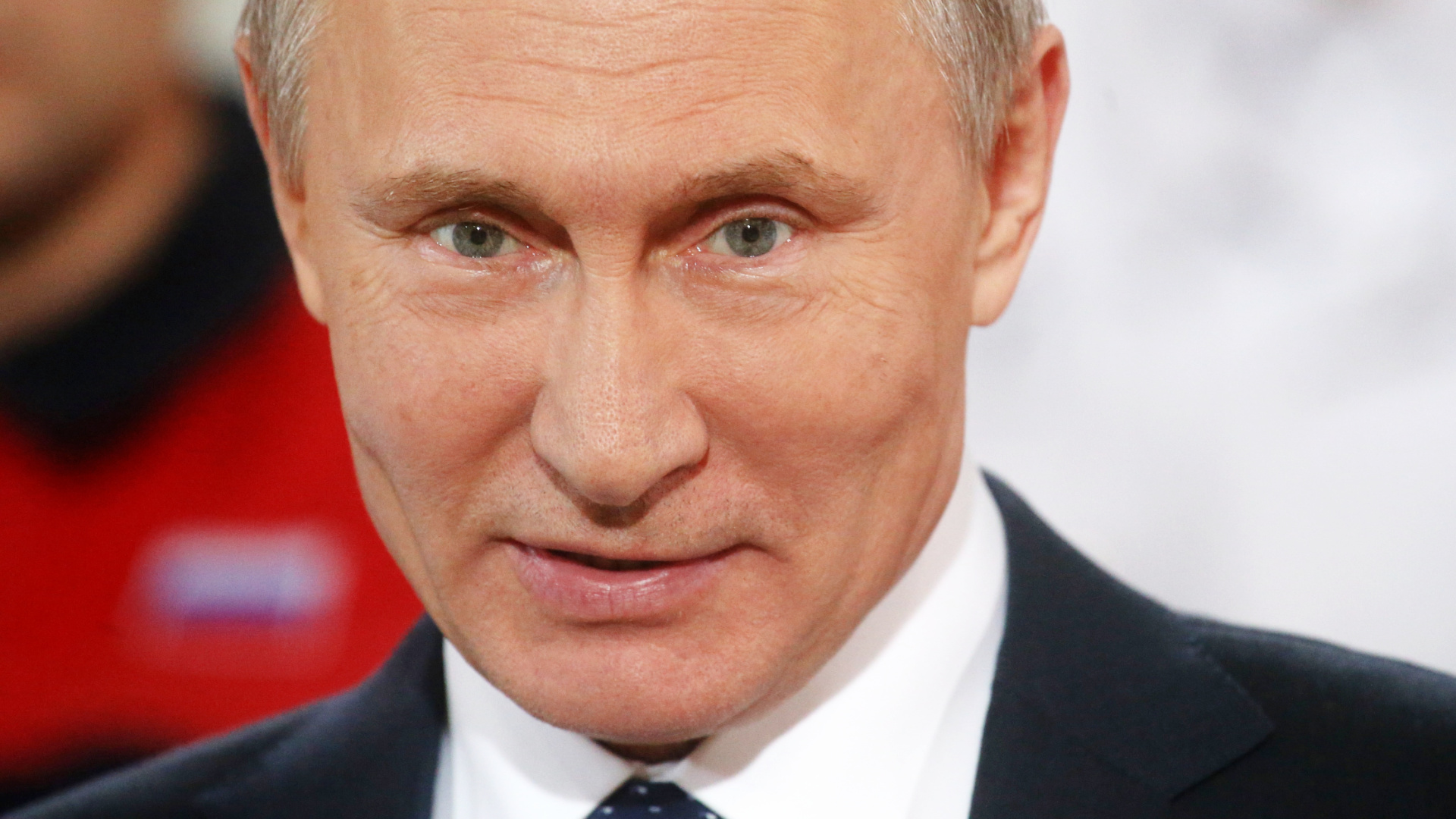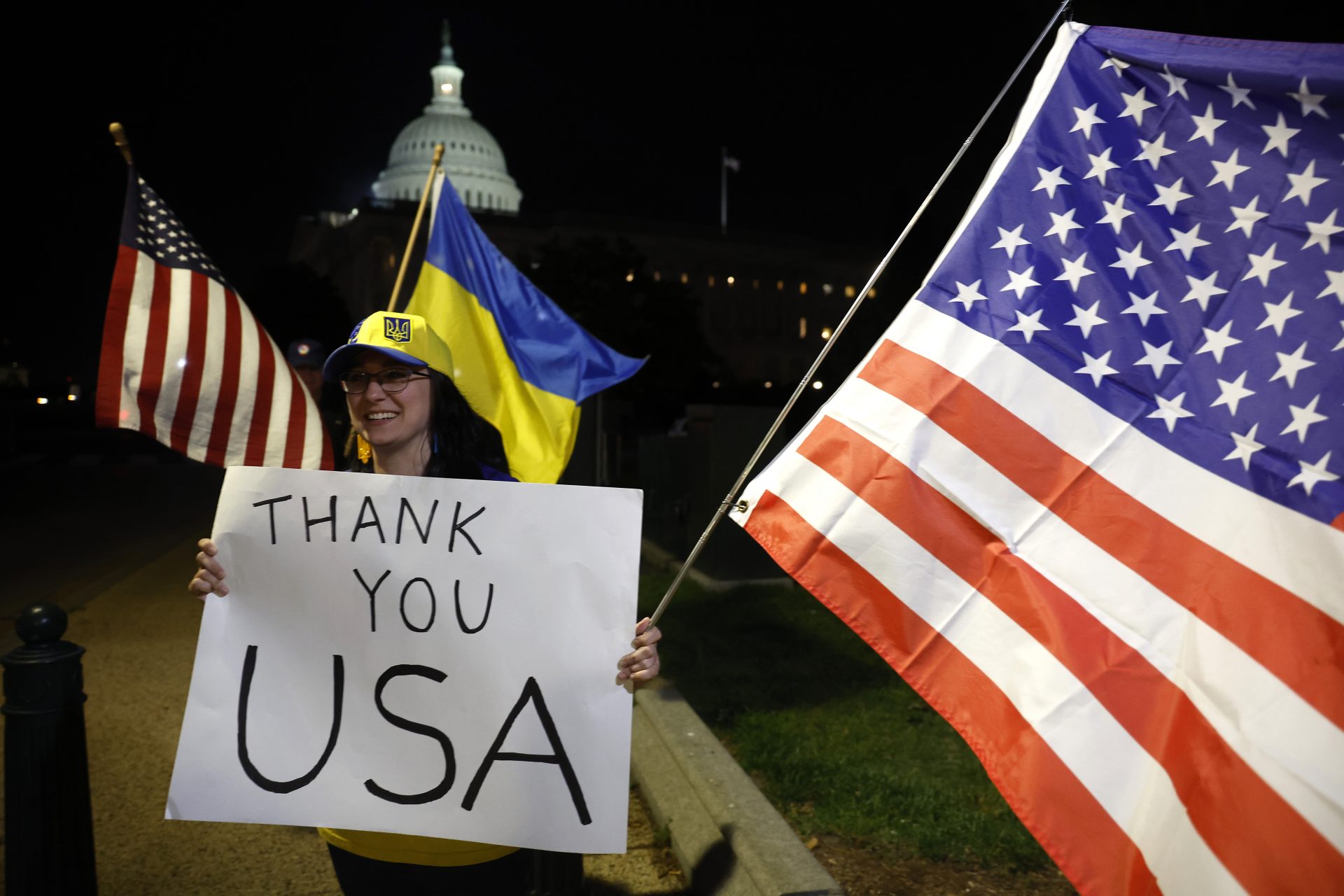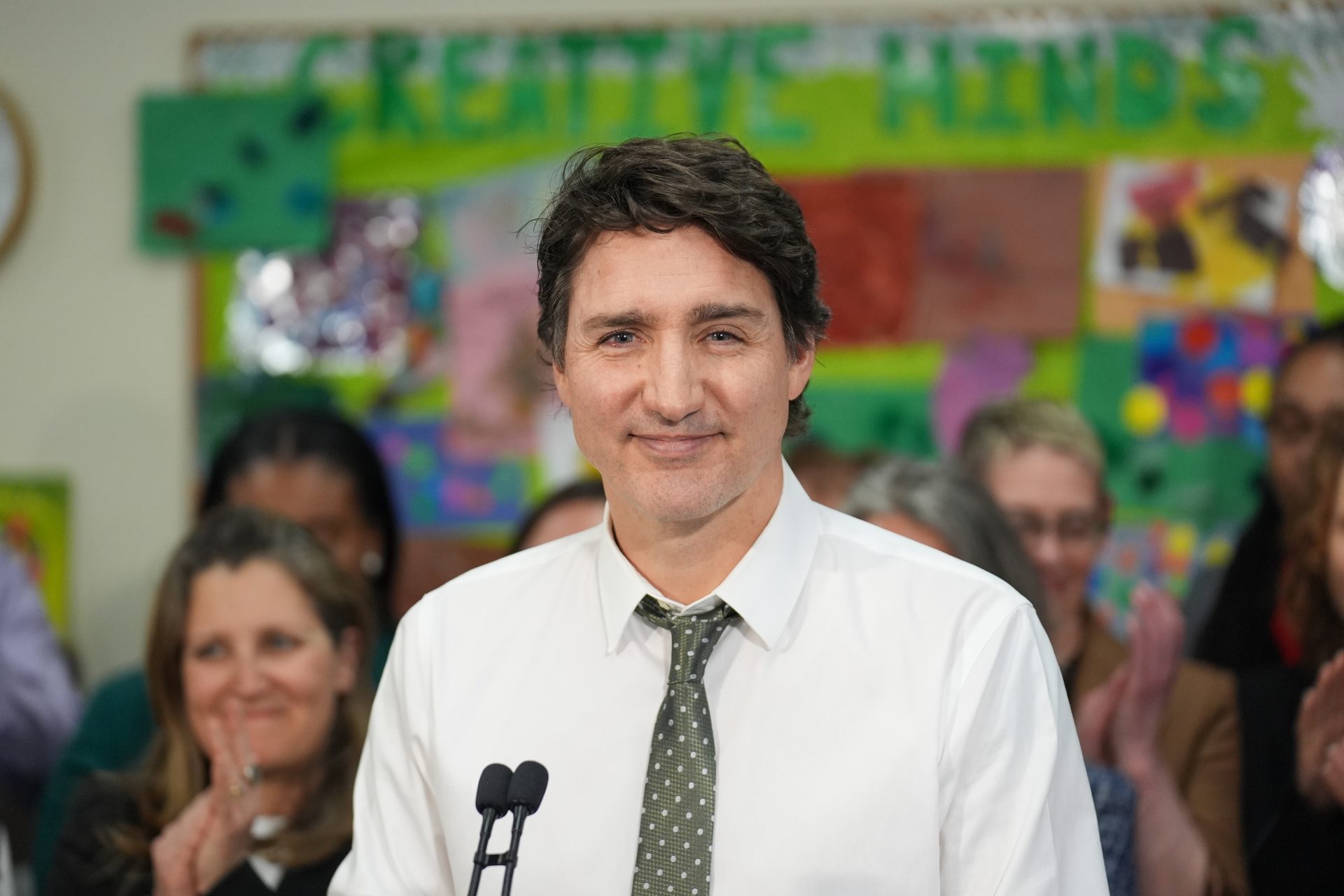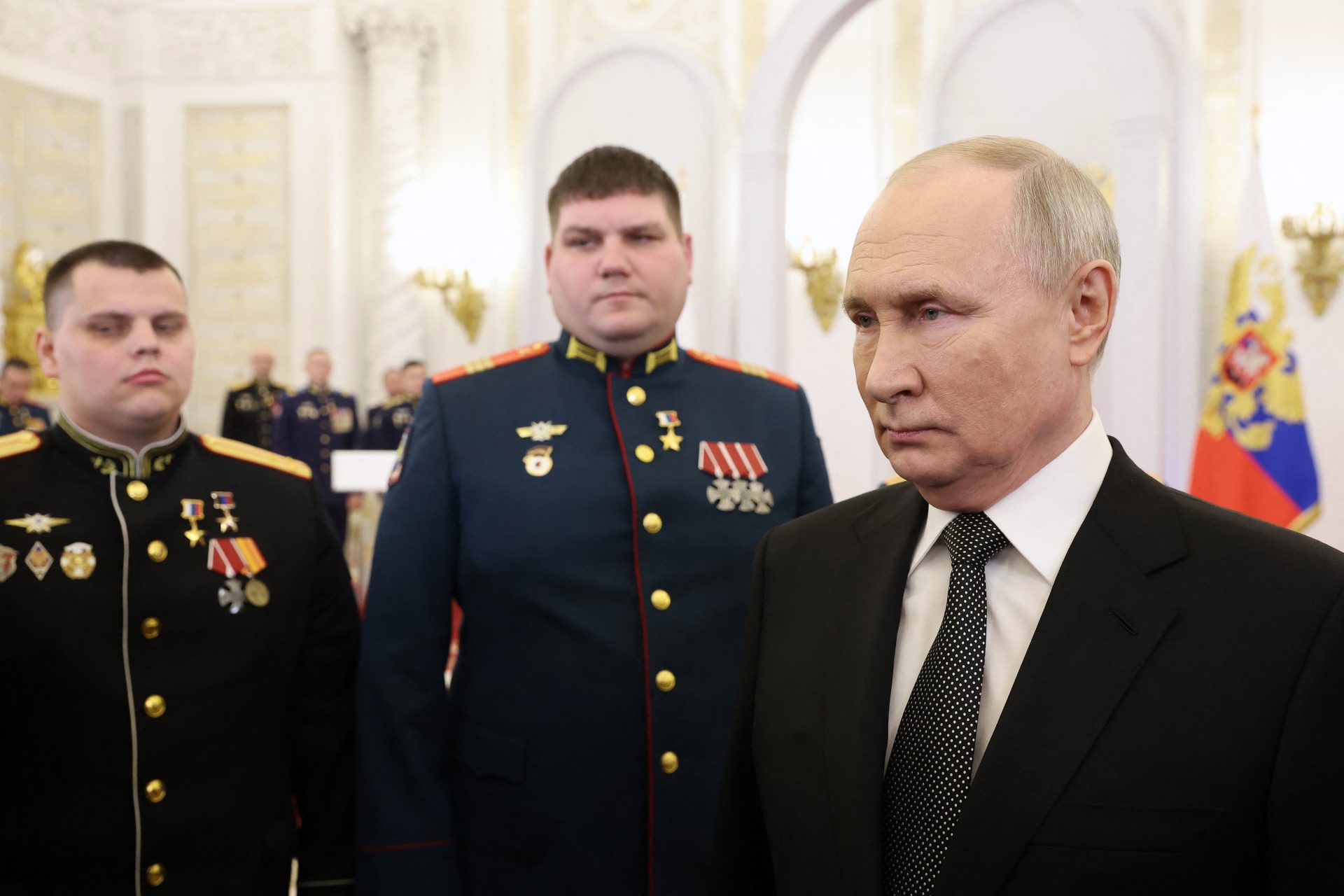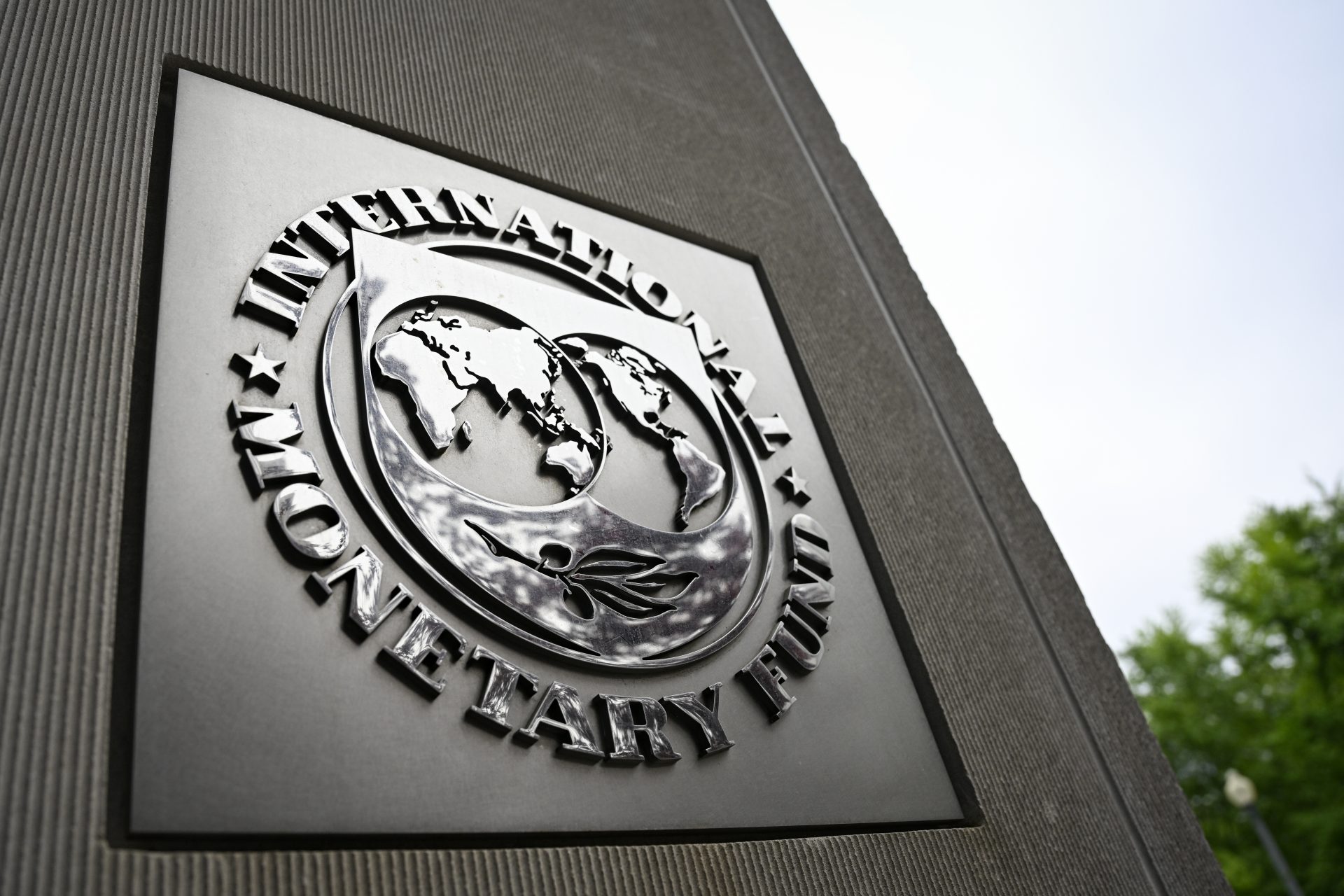Steve Bannon, convicted for contempt, is willing to go to jail over support for Trump
Former White House strategist Steve Bannon was convicted of contempt of Congress Friday, in a trial featuring two government witnesses who detailed his defiance of a House committee’s demand for records and testimony in its investigation of the Capitol attack.
Bannon was convicted on two counts of contempt, one for his refusal to appear for the deposition and another involving his failure to produce documents.
Each count could carry a minimum of 30 days and a maximum of one year in jail, as well as a maximum fine of $100,000. Sentencing is set for October 21.
The Jan. 6 committee hailed the verdict as "a victory for the rule of law and an important affirmation of the Select Committee's work," in a tweet.
In a written statement, U.S. Attorney Matthew Graves said, "Mr. Bannon had an obligation to appear before the House Select Committee to give testimony and provide documents. His refusal to do so was deliberate and now a jury has found that he must pay the consequences."
Appearing outside the courthouse, Bannon said he respected the jury's decision but vowed to appeal. "We may have lost the battle here today, but we haven't lost the war," he told reporters.
Later that day, Bannon told Fox News host Tucker Carlson during Friday’s episode of 'Tucker Carlson Tonight': “I support Trump and the Constitution and if they want to put me in jail for that, so be it.”
In closing arguments, prosecutors urged conviction, asserting that Bannon "chose allegiance to Donald Trump" over an obligation to comply with Congress.
"The defendant made a deliberate decision not to comply," Assistant U.S. Attorney Molly Gaston told jurors. "The defendant has contempt for the Congress. He has contempt for our system of government and does not believe he has to abide by the rules. Find him guilty."
Although Bannon was not working for the administration on the day of the riot, the committee wanted his testimony because he was in communication with other key officials in the lead-up to Jan. 6, and it believed his podcasts contributed to what occurred that day, according to the Washington Post.
The chief government witness, Kristin Amerling of the Jan. 6 committee, told jurors the panel wanted to know more about Bannon's contacts with former President Trump, his presence with others at the Willard Hotel in early 2021, and his statement on the War Room podcast that "all hell is going to break loose" a day before the Capitol siege.
Bannon’s attorney Evan Corcoran, meanwhile, maintained that the House committee had targeted his client because of Bannon's long relationship with Trump. He also suggested that the prosecution's primary witness harbored a political bias against Bannon.
Corcoran asserted that government witness Kristin Amerling had donated to Democratic political candidates and had been part of the same book club as prosecutor Gaston.
Amerling, the House committee's chief counsel and the government's main witness, told the jury Bannon repeatedly defied the panel's demand for documents and testimony despite the threat of criminal prosecution.
She also said Bannon was put on notice multiple times that he risked contempt charges if he did not produce the required information and appear for a deposition, yet he failed to meet every deadline outlined in the September 23, 2021 subpoena.
Bannon provided no documents to the Jan 6. committee and failed to show up for a deposition last year, claiming he was barred from appearing because Trump had asserted executive privilege.
U.S. District Judge Carl Nichols cast doubt on the privilege claim and Trump's own lawyer suggested that it would not cover Bannon's wholesale refusal to cooperate with the House Select Committee.
Defense attorney Evan Corcoran also argued Bannon had made a mistake with the subpoena dates, which he called "placeholders."
Bannon had sought to delay the case, making a last-minute offer on the eve of trial to testify before Congress in a public hearing. The Justice Department described that offer as a ploy, "and not even a good one," prosecutors said, because it did not address the panel's demand for documents.
Criminal contempt prosecutions are rare, but so is a decision by a witness to fully reject congressional demands.
Another key Trump aide, Peter Navarro, is scheduled to go to trial in November on contempt charges. Navarro has pleaded not guilty.
More for you
Top Stories
























